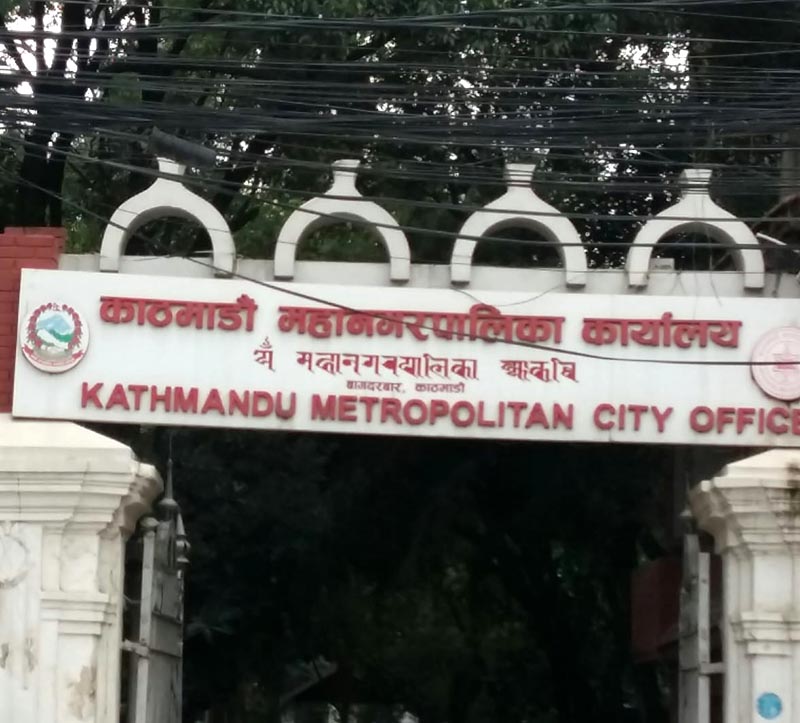KMC rescues 250 persons from streets in five days
Kathmandu, December 21
In a bid to make Kathmandu Metropolitan City a ‘beggar-free’ zone, the metropolis in coordination with various shelter homes rescued a total of 250 homeless people in the last five days.
On December 15, KMC had launched a campaign as part of preparations to declare the metropolis ‘beggar-free’ zone. In KMC, homeless people, orphans, handicaps and destitute elderly persons, among others, resort to begging in the streets and other public places. Since the drive was launched, the metropolis, in coordination with Manab Sewa Aashram, a philanthropist organisation providing shelter to homeless elderly persons, had rescued 250 persons, including 51 women, three minor boys and a girl.
Province 3 In charge of Manab Sewa Aashram Suman Bartaula said, “The campaign not only aims to rescue homeless people from streets and put them in shelter homes, but also aims to reconcile street people with their family members.”
Bartaula said all the people living on the streets were not beggars, majority of them were daily wagers who lived on the streets to save the money spent on room rent. “A large number of such daily wagers were found living around Kalimati Vegetable Market,” he added.
Among the rescued people, a total of 129 men, 14 women, one boy and a girl have been reconciled with their family members. Prior to the reconciliation, people rescued from the streets were kept at a temporarily set up screening centre at Balaju, Kathmandu. A total of 15 persons have been sent to elderly homes operated by Manab Sewa Aashram and others have been kept at the screening centre to study their background.
KMC Mayor Bidhya Sundar Shakya said the local body was ready to manage shelter houses at a very minimal price for those daily wagers who could not afford room rent in Kathmandu.
The metropolis under the chairmanship of Mayor Shakya has formed a committee to work towards achieving the goal to make KMC beggar-free.
The committee members said Balaju Industrial Area had offered job opportunities to more than 50 homeless persons.
Ishwor Man Dangol, KMC spokesperson, said, “We have found that the majority of street people were fit to work, but due to their dismal income they had made the streets their habitual abode. We want these rescued people to work and live a dignified life.” KMC has also shown interest in providing jobs to rescued people at the environment department.
Metropolitan Police Range, Kathmandu, had, earlier in January this year, claimed that it rescued and rehabilitated 150 homeless elderly persons living in the streets of Kathmandu.
Police had initiated the rescue campaign after it was reported that at least one elderly person on an average was dying of cold during winter. Earlier in March 2018, the Pashupati Area Development Trust had declared Pashupati area a no-begging zone after rehabilitating more than 135 beggars living in the area.
The KMC has estimated that there are around 500 to 600 persons who live on the streets.






